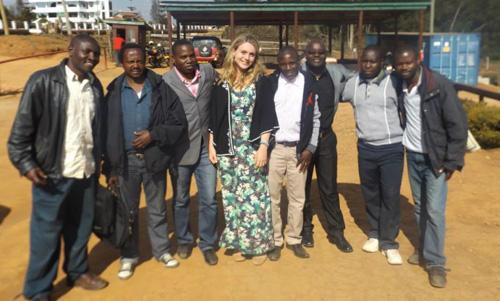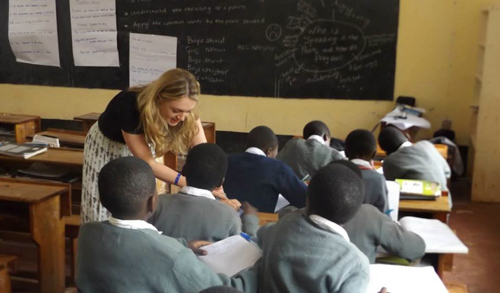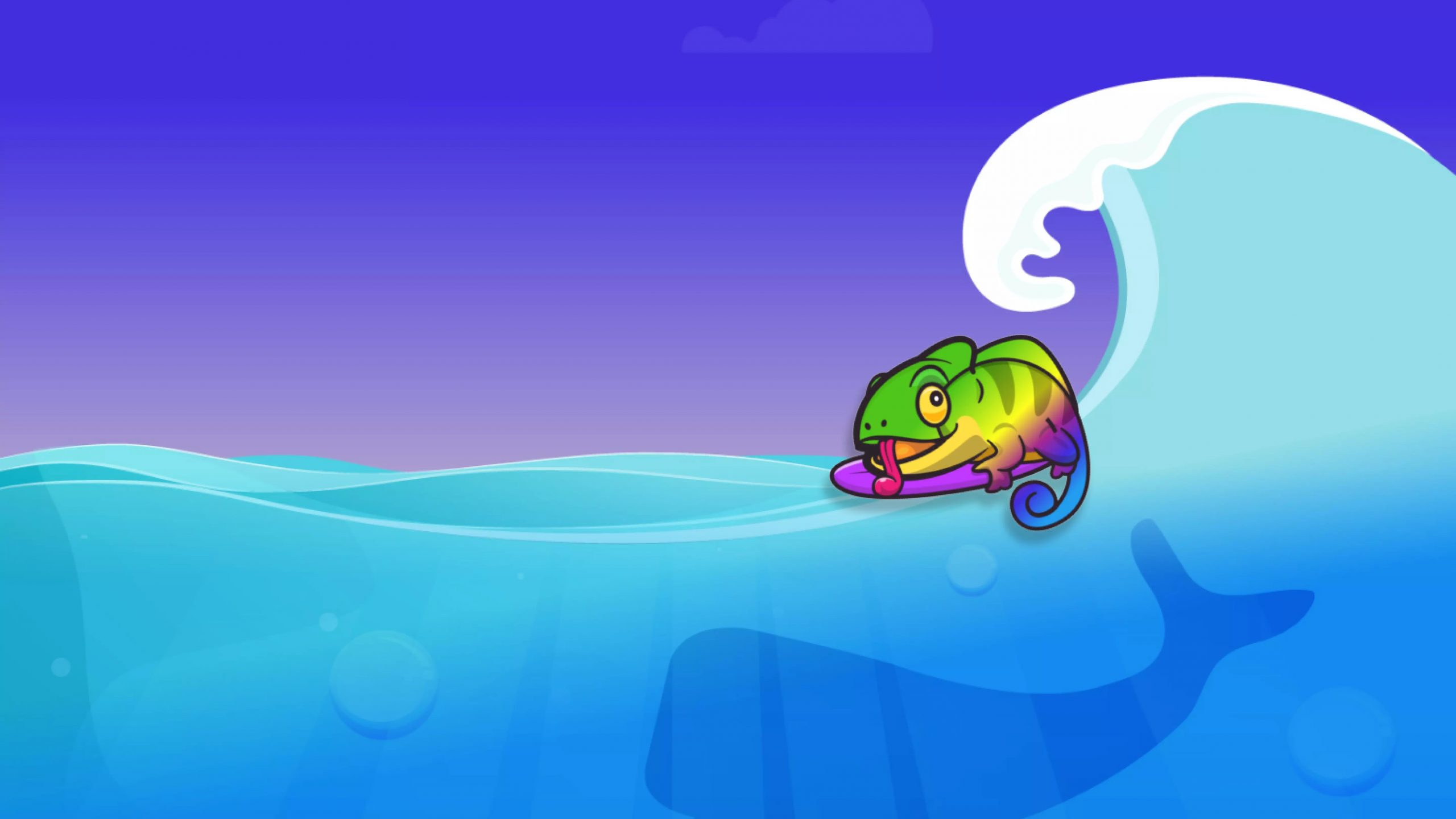LRTT (Limited Resources Teacher Training) is an organisation that aims to address educational disadvantage worldwide. Right now there are 250 million children unable to read and write, but only 90 million of those children are not in education. The other 160 million are getting up early, traveling the often long, potentially dangerous journey to school, and sitting in classrooms- however different they may look from our own. What happens in those classrooms matters. That’s what LRTT is all about.
Felicity King reflects on her time working with LRTT.
“So teaching can be a difficult job. (Just mind out there, while I put my understatement of the year award down.)
No but really, it can. It’s like any other job- long hours, too many emails, never enough time to finish a cup of tea; only instead of having a team of people working with you, you have a team of people who disagree with everything you say. “Amiira, would you mind closing the door?” “Yes Miss I would. You see, I twisted my ankle at break time and now I can’t walk.” “But Amiira, you walked to my lesson?” “Yeah, but Miss, now I’ve sat down it proper hurts and I think it might break. Do you want me to break my ankle? OHMYGOD Miss wants me to break my ankle.”
Imagine asking a colleague: “Jenny, could you do this in my office?” and getting this response: “Uhhhhh, well I don’t want to. I want to do it here, next to Emma. Why can’t I sit next to Emma? This is like a dictatorship; Miss, you are like a dictator.”
Last year, statistics suggested nearly 4 in 10 teachers left the profession after only two years. Elephants are pregnant for longer. (Well, overdue ones…) The question is, how can we de-stress and re-motivate?
There are lots of ways. We could do yoga, or in my case, sit on a mat and watch wide eyed and with increasing alarm as the people around me do things with their body I am reasonably sure aren’t possible. We could do exercise, because after 11 hours of chasing Jason around the second floor asking him to change his school shoes, we’re all up for the cross trainer. We could breathe deeply, count the leaves on the trees, and try and find a deeper meaning to our lives. I tried that once and a pigeon landed on my head. Or we could do more teaching. We could spend our summer in a developing country working for LRTT.
LRTT sends teachers to countries such as India, Guyana and Uganda to share good practice and help develop ideas on how to teach in limited resource settings. Last summer I travelled to Tanzania and took part in the program myself.
I will be honest. Some parts of it are stressful. Packing, for example. It is simply not possible to fit 28 packs of baby wipes into a suitcase and it is, of course, wholly necessary to bring a pack for each day. Planes: as far as I’m concerned hanging out in the sky eating stroganoff is just not normal for human beings. Long haul flights to far off countries (though totally worth it) have to be spent furiously colouring in my Mindfulness colouring book.
However, once you arrive you’ll lose your over-priced Mindfulness colouring book and you won’t even care. You will instantly start to relax because you will meet teachers with fewer resources, bigger classes, and lions nearby, who are less stressed than you.
Most teachers in Tanzania do not have mindfulness colouring books. They don’t travel to far off countries to work for charity organisations in order to de-stress. They just live. They eat and they talk and they laugh and they walk and they make things and they smile and you say “wow- 80 kids in one class that must be difficult,” and they shrug and say “sometimes” and then they grin and ask you again and again, “what more can we do? What else could I do to be a better teacher?” And you blush, because you haven’t asked that question yourself in years.
And so I am reminded of my class of 24. And my projector, which is meant to make learning easier but really just allows me to accidentally project the ‘Fifty Shades of Grey’ trailer to my entire class. I think of the ongoing printing saga that is my life. Like a modern version of The Odyssey. Except there are no epic journeys or six-headed monsters; just me, getting annoyed at the printer because it ran out of toner, or decided to have a career change half way through Tuesday and not actually print for the rest of the afternoon.
I am reminded of all these things as I sit in the back of a small, dark, dusty classroom, where the teacher has to write every single thing on the chalk board because there aren’t any text books. And I hear myself telling one of my teachers “I love how you did this” and realise something. That if this man in front of me can be an outstanding teacher, which he absolutely can be, there is no reason I can’t. And if this man in front of me isn’t stressed about the task, why on earth am I?
What happened in Tanzania (which FYI would make an excellent reality TV show) showed me that teaching isn’t about projectors or text books. These schools depend on the very foundations of teaching. They need teachers who can ask the right questions, give the right examples, read a class’s reaction with a look, and check understanding in a moment, because they can’t rely on a PowerPoint to paint over the cracks, or an Excel spreadsheet to tell them who is progressing. That is why it is so good for teachers like us.


So it’s up to you how you spend your August. You can spend it dodging pigeons in Hyde Park, or you can go somewhere different, and realise something obvious: that teaching is one of the hardest and one of the best jobs in the world. But that the Felicity versus printer saga doesn’t need to end like a Greek tragedy; I don’t have to marry my Mother or accidentally cause a Trojan war. It can end with the protagonist, pausing as she flees, stressed and terrified, from the dragon of data and printers and marking, and realising everything’s okay. That the dragon is actually a greenfly. That none of it actually matters. That if she looked behind the dragon for once, she might notice the child.”
The team at Teacher Horizons will happily help you discuss your options teaching abroad. Contact our helpful team of experts to talk over your options and the destinations most suited to your skills, qualifications and personality.




